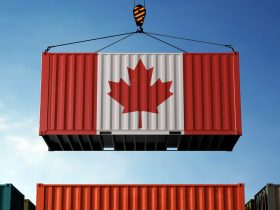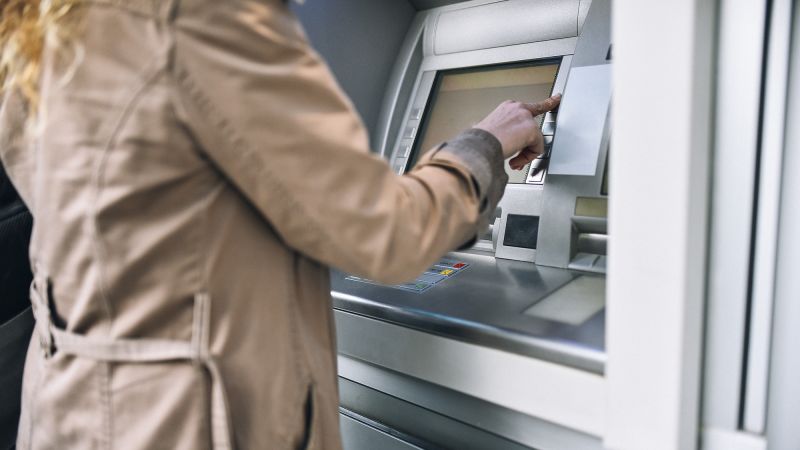A payment processing error that caused deposit delays at some banks on Friday was unwelcome news to bank customers who were expecting to receive payments that day.
The situation is not yet fully resolved, and it’s unclear just how many banks were affected, although Bank of America, Chase and US Bank have confirmed they are among them.
Also not clear: the number of accounts and all the different types of payments that got hung up. But it likely has affected both personal and business accounts, and includes not just direct deposited paychecks to employees but also payments individuals may have made to creditors (e.g., mortgage lenders, utilities and credit card issuers); as well as business-to-business payments.
If you were relying on a deposit to pay your bills and you came up short as a result of the delay, here is what you can do to avoid getting dinged for a problem you did not create.
Monitor your account: “Anyone directly affected by the deposit delay should closely monitor their account activity,” said Bruce McClary, a spokesperson for the National Foundation for Credit Counseling.
When the money does come in — as it is expected to, if it hasn’t already — “Check to confirm that the deposit was processed accurately,” McClary said.
Keep an eye out for errant fees: You also want to avoid getting hit with fees and penalties.
That would include an overdraft fee from your bank if a payment was made from your account before an expected deposit showed up.
Ideally, your bank should be proactive about rectifying the situation. “We will work to refund overdraft fees caused by this,” said Thomas Kelly, spokesperson for JPMorgan Chase.
But if it’s not, contact your bank and let them know the situation needs to be corrected.
You also want to avoid a late fee or penalty interest from a creditor if your payment got delayed.
“If the deposit delay caused a missed payment, it can help to provide the intended recipient with documentation of the delay as you request the waiver of any resulting fees and other penalties,” McClary said. “The key is providing verifiable documentation that the delay was not your fault.”
At the moment it’s not clear whether or how every affected bank is notifying their customers. Bank of America, for instance, has been displaying a general alert to online customers warning them that “some deposits may be temporarily delayed” because of an “issue impacting multiple financial institutions.” So you may want to ask your bank for written confirmation to give to a creditor once you’ve determined that your account was affected.
The good news, McClary said, is that if your money was only delayed by a day or so, “the impact should be minimal.”
If things don’t get resolved, file a complaint with this agency: If you do get hit with an errant fee and you’re not having any luck getting through to someone who can eliminate it, you might consider filing a complaint with the Consumer Financial Protection Bureau, which said it is monitoring how institutions are responding.
“Consumers affected by this processing error should not be penalized, whether by overdraft fees, late fees or other penalties. Affected consumers can submit a complaint [to CFPB],” an agency spokesperson said.
— CNN’s Matt Egan contributed to this report.
Read the full article here













Leave a Reply